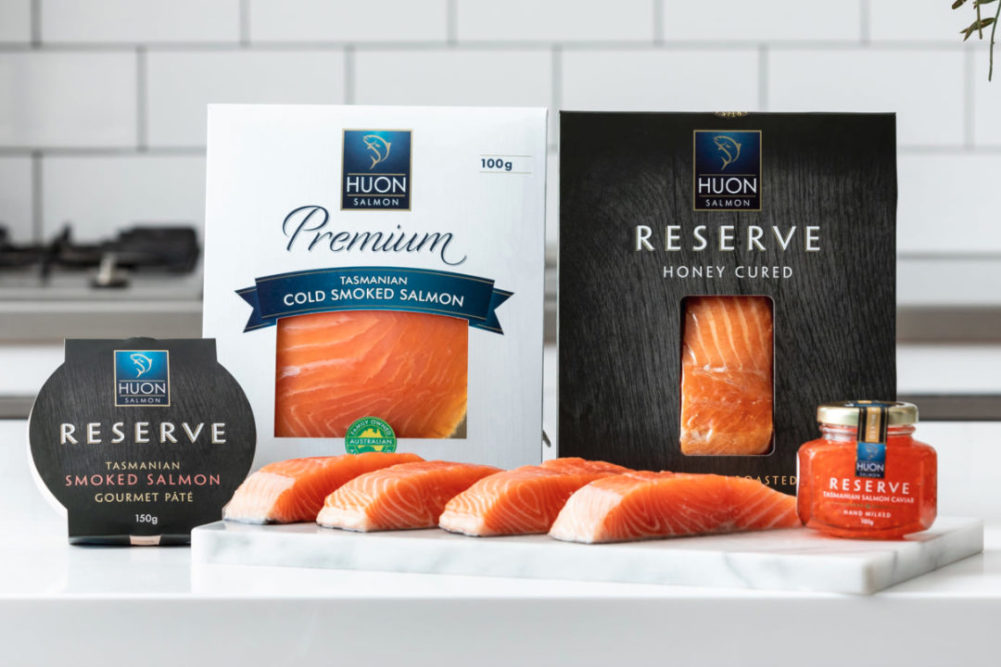SÃO PAULO, BRAZIL — JBS SA is set to move deeper into the animal protein market with the announcement it plans to acquire 100% of Huon Aquaculture, Australia’s second-largest salmon producer.
Under terms of the transaction, JBS would pay A$3.85 per share of Huon Aquaculture, or approximately A$546 million ($400.5 million). The deal already has been approved by controlling shareholders and is expected to close by the end of 2021.
“This is a strategic acquisition, which marks the entry of JBS into the aquaculture business,” said Gilberto Tomazoni, global chief executive officer of JBS. “We will repeat what we did previously with poultry, pork and value-added products — to make our portfolio even more complete. Aquaculture will be a new growth platform for our businesses.”
Huon has invested more than $256.6 million over the past five years in operational infrastructure and sustainable practices in the salmon production cycle, positioning the company for sustainable growth. The company has 13 production sites and 3 value-added product processing units.
The acquisition of Huon would mark JBS’s second deal in Australia this year. In April, the company acquired Rivalea, a leader in pig production.
JBS has had a presence in Australia since 2007, when it acquired the operations of Swift. JBS also operates in Tasmania, with a beef cattle processing unit at Longford.
“There is huge complementariness with the other business we carry on in Australia, including customer relationships, distribution and marketing,” said Brent Eastwood, CEO of JBS in Australia.
In March, JBS’s Brazilian subsidiary Seara Foods announced it was beginning to distribute products in the fish and seafood segment, with products like salmon, tilapia and shrimp, among others. Now, following the acquisition in Australia, JBS will have its own production.
“Huon has 33 years of experience in sustainable production, superior technology, and superior quality products widely recognized by the Australian consumer, in an industry with excellent growth prospects worldwide,” Tomazoni said.
Citing data from the United Nations’ Food and Agriculture Organization, JBS said per-capita consumption of fish is forecast to grow by 5% globally over the next 10 years. In Oceania, this rate should reach 7%, and 15% in China, according to the FAO. According to projections of the FAO and the Organization for Economic Cooperation and Development, already by 2023 aquaculture produced for human consumption will exceed what is caught from river and sea fishing.


